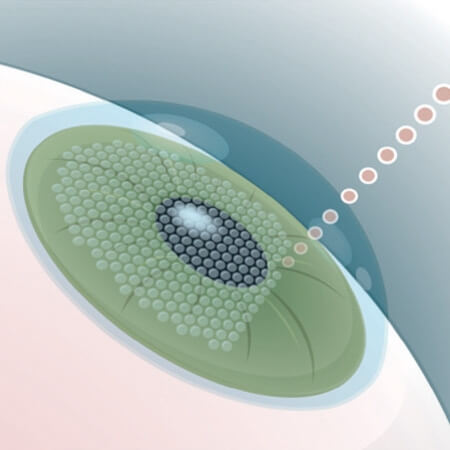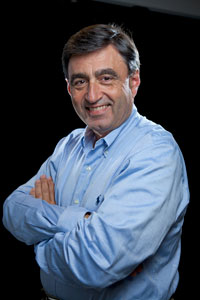News
Eric Mazur heads up a research group that explores both the fundamental interest and technological relevance of femtosecond pulses. He believes that femtosecond lasers may prove to be the most advanced surgical method in ophthalmology in the 21st century.
In the past few years, femtosecond lasers have become the “bladeless scalpel” of choice for ophthalmic surgeons. By nature, femtosecond lasers produce extremely brief, high-energy light pulses that can sear targeted tissue so quickly and accurately that the lasers’ heat has no time to escape and damage nearby healthy cells.
Femtosecond lasers make it possible to cut material very precisely at the micron scale, which is making waves in the treatment of common vision problems including near- and farsightedness, astigmatisms and, in the future, even cataracts ...
At Harvard University in Cambridge, Mass., internationally recognized scientist and researcher Eric Mazur heads up a research group that explores both the fundamental interest and technological relevance of femtosecond pulses. He believes that femtosecond lasers may prove to be the most advanced surgical method in ophthalmology in the 21st century.
Topics: Applied Physics
Cutting-edge science delivered direct to your inbox.
Join the Harvard SEAS mailing list.
Scientist Profiles
Eric Mazur
Balkanski Professor of Physics and Applied Physics




